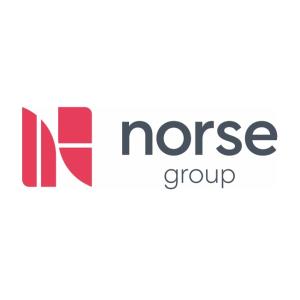
In recent months we have seen several councils finding themselves in serious trouble because of their ill-advised, speculative forays into potential revenue-generating investments they believed would provide income and alleviate budgetary pressures. Woking Borough Council may be the latest, but there have been others who have fallen into the trap of believing that these schemes would act as a silver bullet. And unfortunately, I believe there are more to come.
The reasons for this risk-taking are well documented: ever-increasing costs, insufficient central government financial support, and limited ability to increase revenue have resulted in what would normally be considered questionable routes for local authorities to take.
Given the backdrop of significant financial pressures, with inflation following on from Covid-19 and before that a long period of austerity, it is little wonder that some councils turned to higher-risk ways of generating additional revenue in order to prop up their finances.
Not all councils’ sorties into such ventures have had such catastrophic consequences as those seen in Woking, or the less devastating – but still damaging – outcomes witnessed at Thurrock, Croydon and Slough.
Part of the problem I believe is that many local authorities lack the commercial skills, and the robust governance to which companies are subjected, to assess accurately the degree of risk, nor to maximise opportunities when they arise. Failings in either of these areas can even compound their financial difficulties rather than solve them – as we have seen.
If you rack up debt to pay for investments, there are inevitably risks. And borrowing when interest rates are at historically low levels increases the exposure when rates rise. With limited ability to raise additional revenue to meet the extra cost of repaying borrowings, councils have little option other than to dig deep into reserves. This in turn means prioritising which services see funding maintained – and which are subject to cuts.
With all of this in mind, I believe that it is possible for councils to develop revenue streams by adopting commercial practices, and indeed there are many examples of this across the UK. Selling services such as grounds maintenance, trade waste, highways and FM can generate substantial income and profits, and help support jobs.
However, a traditional DLO can be hamstrung – which makes the LATCo model highly attractive, with its ability to adopt a more commercial approach and trade outside the borough. Setting up a new trading company requires significant investment and a high degree of expertise; it is not to be undertaken lightly.
There is another option – joint venture partnership with an existing LATCo. This can offer the best of all worlds – the development of a commercial culture, efficiency equal to that of private sector providers, and the opportunity to share in increasing profits as the company grows. The contribution of a partnership company can help alleviate the burden on a council’s budget – with greatly reduced risk, a high degree of direct control, and robust governance already built in.
At Norse we have pioneered this joint venture model – we now have partnerships with over 20 local authorities, delivering significant financial benefits without compromising public service values. Indeed, we pride ourselves on the social value we deliver wherever we operate, driven by our public sector roots.
Working together will enable us to weather the storms ahead – without taking unnecessary risks.










